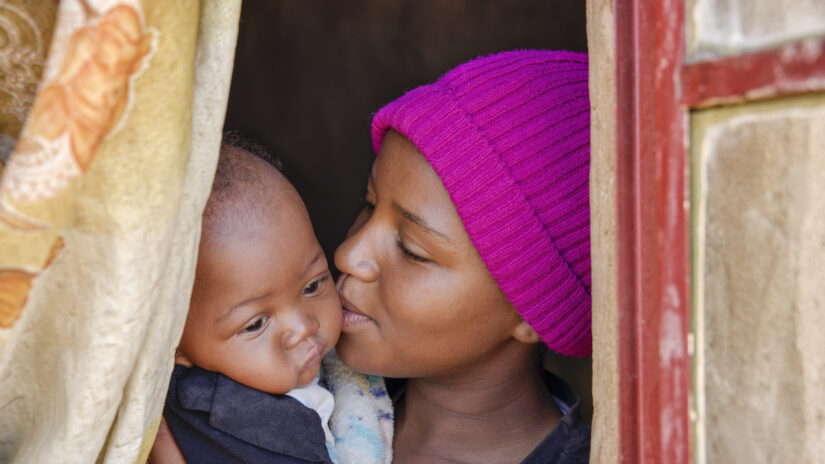Healthcare for all must be a goal shared by the global community

In September, some 200 Heads of State and top political decision-makers met in New York for the annual United Nations General Assembly. They recommitted to the UN Sustainable Development Goals (SDGs), with a political declaration pledging to “act with urgency to realize the [Agenda 2030] vision.”
Halfway to 2030 and with the clock ticking, the renewal of political will is necessary. UN Secretary General Antόnio Guterres warned that, without action now, Agenda 2030 would become an “epitaph for a world that might have been.”
The SDGs are aimed at guiding global policy decisions for economic and societal well-being. They serve as a “shared blueprint for peace and prosperity.” SDG 3.8 sets an ambition to achieve Universal Health Coverage (UHC), meaning that all people have access to a full range of quality health services they need, when and where they need them, without financial hardship.
But the latest progress report on SDG implementation says that progress on UHC has slowed, citing financial hardship and Covid-19 among the key reasons. Regarding non-communicable diseases (NCDs), the report says there has been little or no improvement in health service capacity and healthcare access. By 2048, the World Health Organization (WHO) projects that the share of deaths caused annually by NCDs – among them, cancer and heart disease – will reach 86% globally.
Time for action
Increasing equitable access to healthcare services can be part of the solution. While 2030 or 2048 might seem far away, UHC Day 2023 reminds us that the task is urgent. It requires action today. The theme for UHC Day 2023 is “Health for All: Time for Action.” Everyone, no matter where they live, should have access to quality healthcare services. A healthier world is a safer and more prosperous one, too.
Access to medicines for many people, regardless of where they live, is still limited but it remains a shared ideal in the global healthcare ecosystem. To achieve this ambition, we are working with governments to lower access barriers to high-quality healthcare. Strong and resilient healthcare systems, allied with a supportive public policy environment, can help to hasten the journey to achieving UHC.
As global leaders in innovation, our industry wants as many people as possible to have access to the benefits of science. That starts with developing medicines that reflect the diversity of patient populations. For example, more than half of Bristol Myers Squibb’s clinical trial sites in the US are located in racially and ethnically diverse areas. That means our research is more reflective of patient populations and aligned with the epidemiology of the diseases we study.
Collaborating for resilient and sustainable health systems
Moving faster on UHC requires collaboration. Working closely with local stakeholders, we can help to improve healthcare in more communities by tackling some of the systemic barriers to access and the root causes of healthcare inequity and deprivation.
To achieve the SDGs and UHC, the innovative biopharmaceutical industry collaborates with more than 1,100 partners around the world. Globally, Bristol Myers Squibb has partnered with the Access to Oncology Medicines Coalition (ATOM) and City Cancer Challenge Foundation (C/Can) to support access to cancer treatment and care in low- and middle-income countries. We are among four private sector supporters for C/Can as it works with the WHO to implement the Global Breast Cancer Initiative Framework, a program that aims to save more than 2.5 million lives over the next decade. These are just a few of the cross-sector efforts that strive to improve the lives of patients, caregivers, and communities living with cancer across the world.
Training and retaining healthcare professionals to reduce global workforce shortages is another building block for UHC. Our industry supports initiatives that train healthcare professionals and we back education and disease awareness initiatives. As an example, BIO Ventures for Global Health (BVGH), supported by Bristol Myers Squibb, is training African oncology pharmacy practitioners in response to a skills shortage. So far, BVGH has trained more than 1,600 healthcare professionals in four countries across the continent. More on global collaborations we support can be found on the IFPMA’s Global Health Progress hub here.
UHC Day 2023 calls for urgency to meet the ambitions of the UHC agenda: a healthier world in which no one is left behind. Refocusing political attention on UHC must be the common goal for all who care about healthcare equity. We stand with people, communities, organizations, and governments globally whose mission is to ensure healthcare for all.
Author






